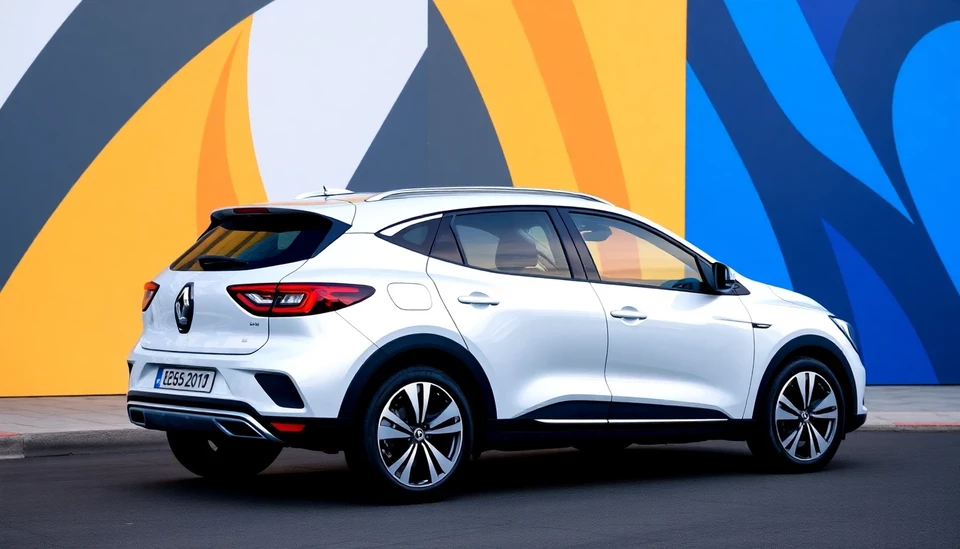
Carmakers are currently grappling with heightened anxiety over the potential reimposition of tariffs by former President Donald Trump. As discussions around these new tariffs intensify, the mood has soured significantly across the automotive sector, leading to considerable declines in stock prices for key manufacturers.
Market analysts have raised alarms regarding how recent political developments could severely impact the industry. The anticipated tariffs, aimed at bolstering domestic manufacturers and reshaping international trade dynamics, have led to fears that they could drastically increase production costs. This, in turn, would likely ripple through the entire supply chain, which is already grappling with various challenges, including component shortages and inflationary pressures.
Automakers like Ford, General Motors, and Stellantis have seen their stock prices dip as investors react to the possibility of these tariffs. Industry experts suggest that such tariffs could lead to higher prices for consumers, diminished competitiveness against foreign manufacturers, and could even threaten jobs at manufacturing plants across the country.
The potential tariffs are being discussed as a means for the U.S. government to exert control over trade imbalances and enhance national security by supporting domestic production. However, the backlash from the automotive industry is tangible, with many players pointing out that tariffs could ultimately harm their bottom line and stifle innovation by limiting access to critical global markets.
Despite the current administration's efforts to promote electric vehicles and sustainable practices, the looming threat of tariffs adds another layer of complexity to policies already fraught with challenges. Automakers have been in the midst of significant transitions towards electric and hybrid vehicles, and the introduction of tariffs could derail these initiatives by diverting funding and resources back towards navigating increased costs of traditional automotive manufacturing.
In light of these developments, industry representatives are urging leaders to seek a collaborative approach rather than a confrontational one. Many believe that constructive dialogue is essential to address concerns regarding foreign competition while also ensuring the continued growth and innovation of the U.S. automotive sector.
As stakeholders await further announcements regarding the potential tariffs, the automotive industry remains on high alert. With the balance of trade dynamics at stake and the need for sustainable growth evident, the coming weeks will be critical in determining the path forward for one of the nation's most significant economic sectors.
Industry insiders and investors alike will be vigilant, as the ramifications of these tariffs could extend far beyond the boardrooms of car manufacturers—all the way to the consumers who rely on their vehicles daily.
In conclusion, the automotive sector stands at a crossroads where the decisions made today will undoubtedly shape the industry for years to come. Whether the government opts for punitive measures or seeks cooperative solutions remains to be seen, but the uncertainty continues to cast a long shadow over car manufacturers and their stakeholders.
#automotive #tariffs #DonaldTrump #carmakers #Ford #GeneralMotors #Stellantis #electricvehicles #manufacturing #economy
Author: Samuel Brooks




